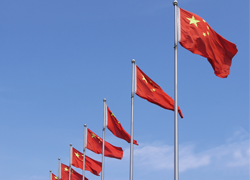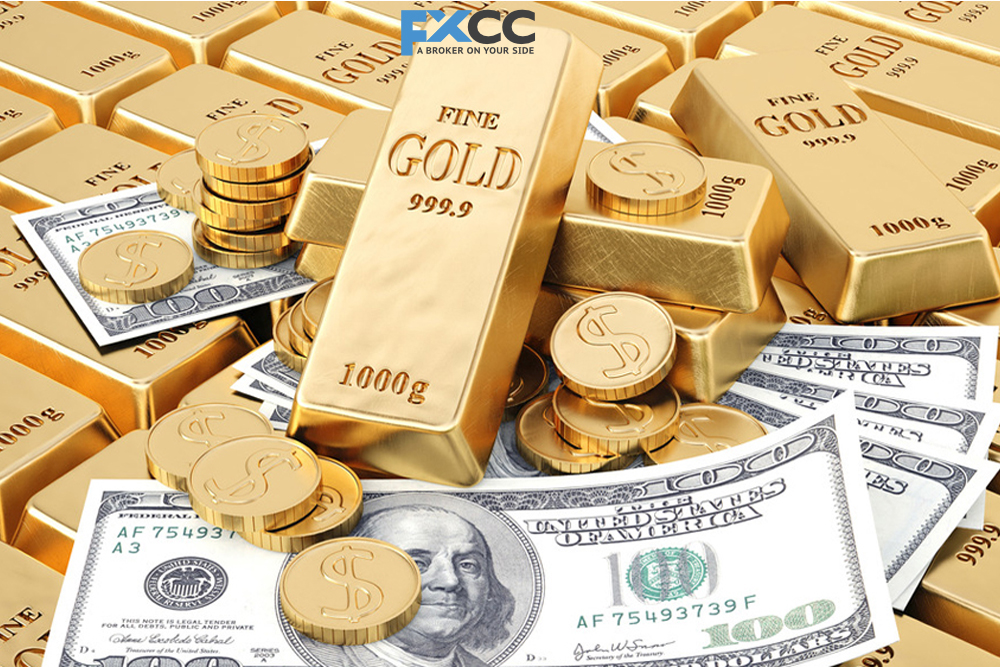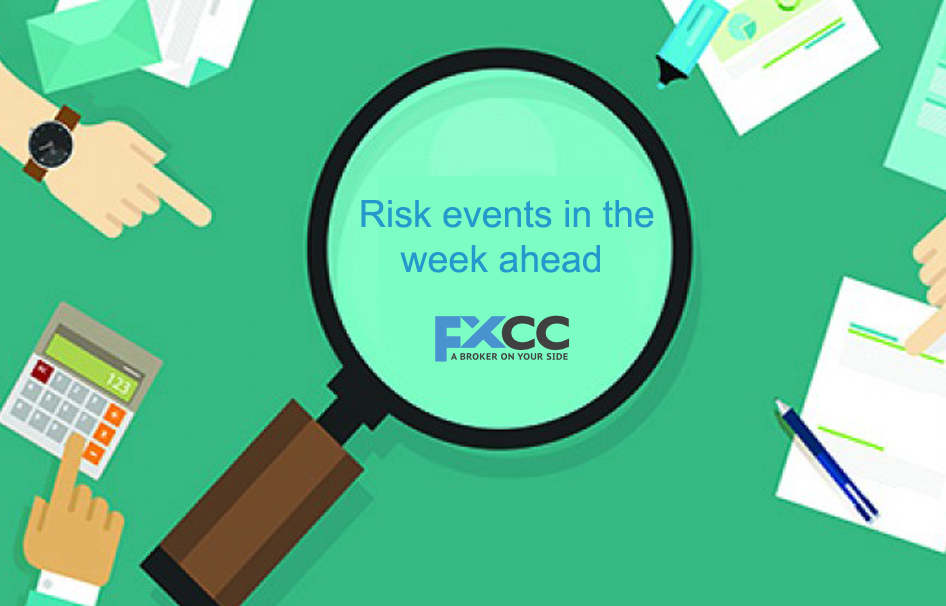China has just thrown a wrench into Europe’s plans to go green. The Asian giant is going to limit the exports of some crucial minerals that are used in many high-tech and low-carbon industries. This could spell trouble for the European Union, which is trying to decarbonize its economy and reduce its dependence on foreign suppliers.

China’s Mineral Monopoly
China is the world’s top producer of two minerals, gallium and germanium, that are vital for making semiconductors, telecom devices and electric vehicles. The EU gets most of its gallium and germanium from China: 71% and 45%, respectively.
Starting next month, China will restrict the exports of these minerals, along with 15 others. This is part of China’s strategy to control the global supply chains of critical technologies and to gain an edge over its competitors.
Europe’s Economic Security Dilemma
This move comes just weeks after the EU unveiled a new economic security strategy that aims to protect its critical technologies from foreign interference and to limit outside investment for national security reasons. The proposal is part of a growing push within the bloc to beef up its security tools as countries like China and Russia increasingly use trade and control of critical supply lines to further their political and even military goals.
But Europe is in a bind. It needs China’s market and minerals, but it also wants to stand up to China’s assertiveness and aggression.
“China’s actions are a stark reminder of who has the upper hand in this game,” Simone Tagliapietra, a researcher at the Bruegel think tank in Brussels, said in an interview. “The harsh reality is that it will take at least a decade for the West to remove risks from Chinese mineral supply chains, so it’s really an asymmetric dependency.”
Europe’s Energy Dependence
Europe learned a hard lesson when Russia launched a new war in Ukraine last year, sparking inflation and fears that entire industries could collapse as the bloc rushed to find new sources of oil and gas. The EU member states were caught off guard by Moscow’s actions, and some countries relied too much on cheap Russian oil and gas.
The same dynamic is showing up in the EU’s China policy, with some countries unwilling to jeopardize their trade relations with the world’s second-largest economy.
China’s $6.8 trillion consumer market is an important destination for European exports of automobiles, pharmaceuticals and machinery. German automakers Volkswagen AG, Mercedes-Benz AG and Bayerische Motoren Werke AG have built dozens of factories in China, and all three manufacturers now sell more vehicles in China than in any other market.

The US has pushed for Europe to take a hard line on Beijing, with European Commission President Ursula von der Leyen arguing that the bloc needs to “risk off” China, but without a full-blown “teardown.”
In March, the EU passed the Critical Raw Materials Act to make it easier to finance and authorize new upstream and downstream projects, and to forge trade alliances to reduce the bloc’s reliance on Chinese suppliers. The US and Europe also sought to create a “buyers’ club” for supply deals and investment partnerships with manufacturers.
Europe’s Green Challenge
But these efforts may not be enough to counter China’s new export restrictions, which could jeopardize the bloc’s ability to transform its economy to become more environmentally friendly.
The Chinese move comes as the EU embarks on an unprecedented restructuring to eliminate carbon emissions across its entire economy, from energy production to agriculture and transport. The Green Deal, which aims to make the region climate-neutral by 2050, will require access to a vast array of critical materials used in everything from solar panels to electric vehicles.
“Europe today is heavily dependent on China for a set of clean technologies and critical ingredients, so an escalation of these tensions could certainly make Europe’s transition to a greener future bumpier,” Tagliapietra said.
Europe’s Options
The EU could challenge China’s new export restrictions at the World Trade Organization, but that could take years and face legal loopholes. China could claim that these measures are necessary for national security, which would allow it to take “whatever action it deems necessary to protect its core security interests.”
Alternatively, the EU could try to find alternative sources of these minerals, either within its own borders or from other countries. But this would require huge investments, technological breakthroughs and political cooperation.
The EU could also try to engage with China diplomatically and seek a compromise that would ensure a stable supply of these minerals. But this would require trust and goodwill from both sides, which are in short supply these days. The EU faces a tough choice: either accept China’s dominance over these critical minerals or risk losing its edge in the green economy. Either way, it’s a lose-lose situation for Europe.


